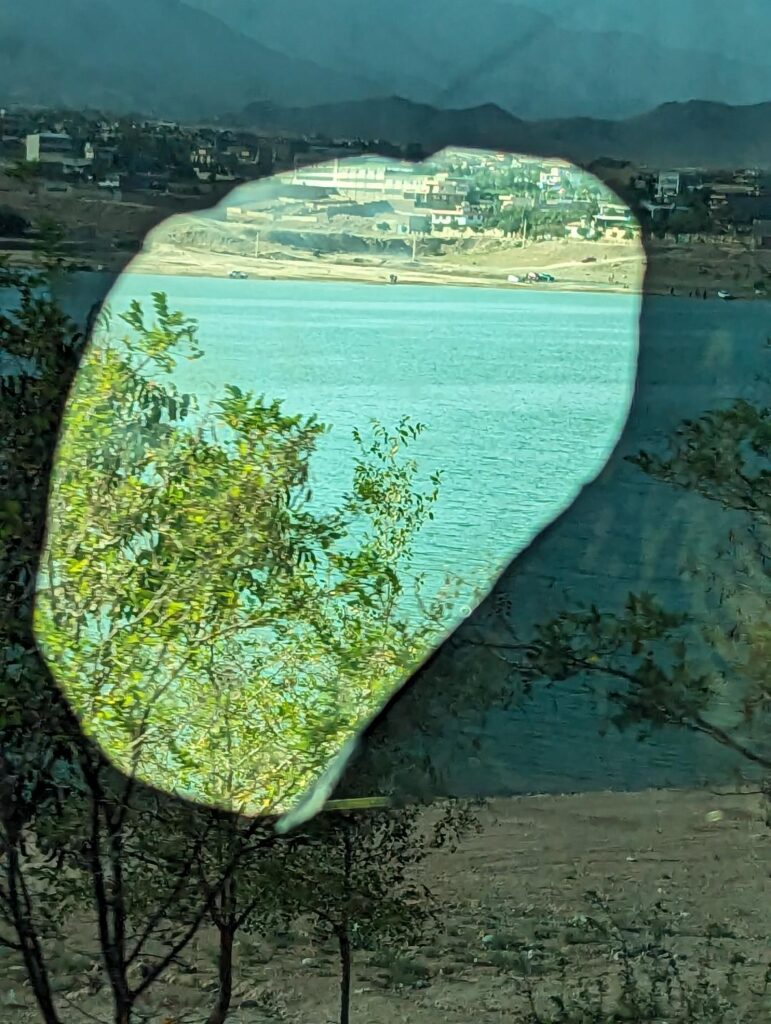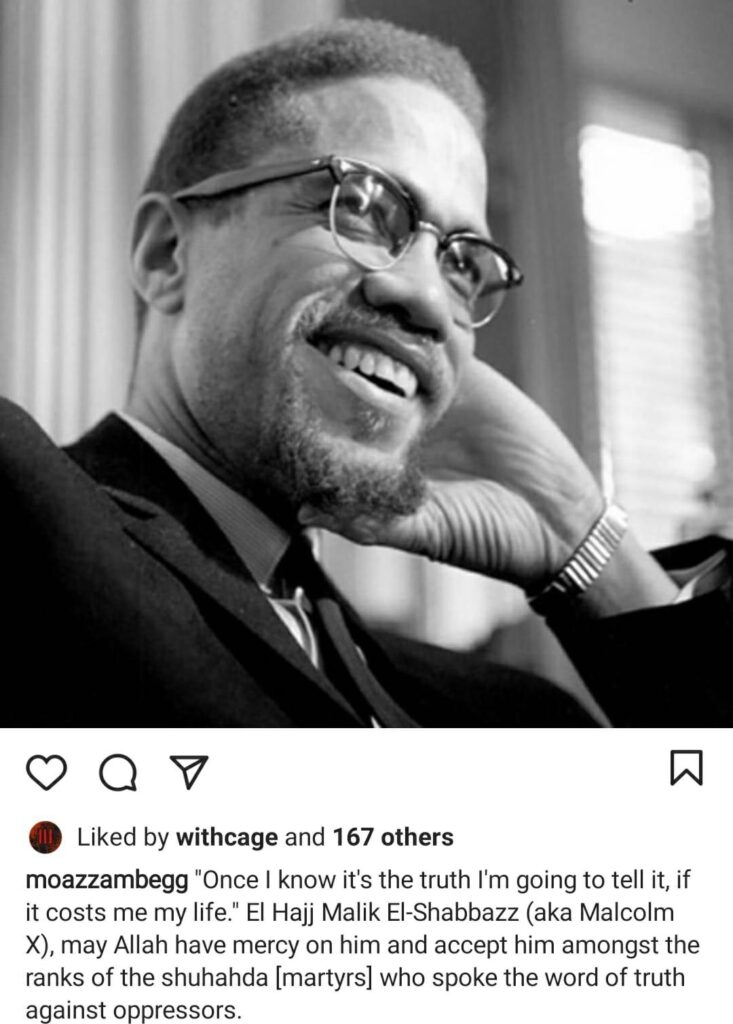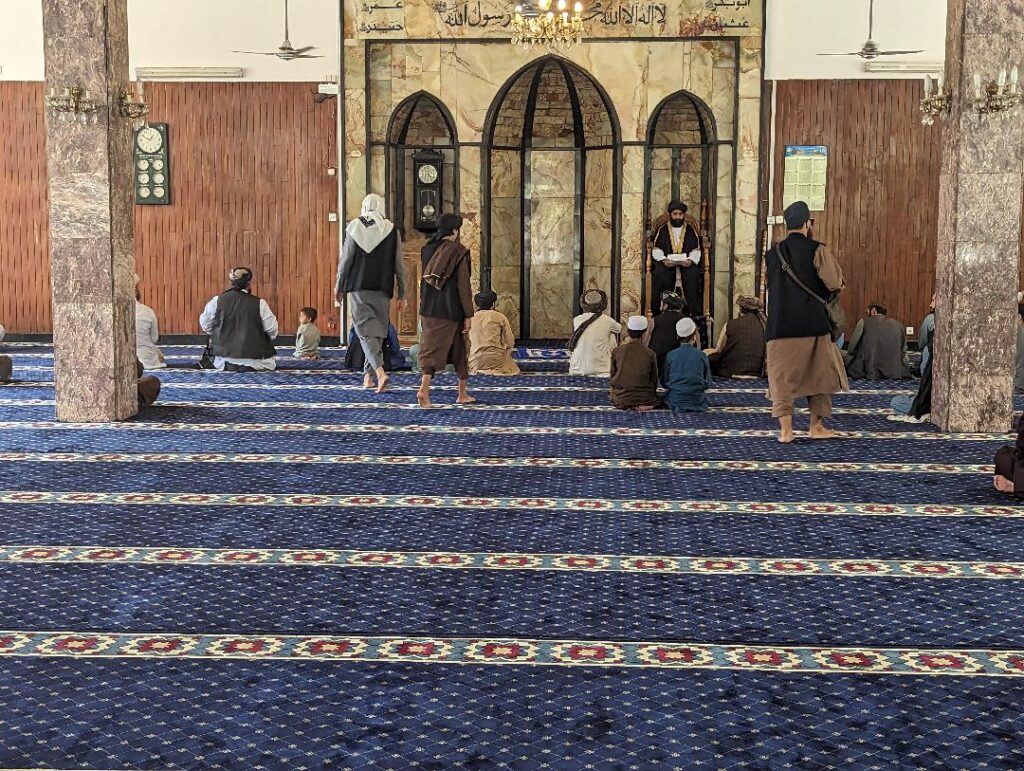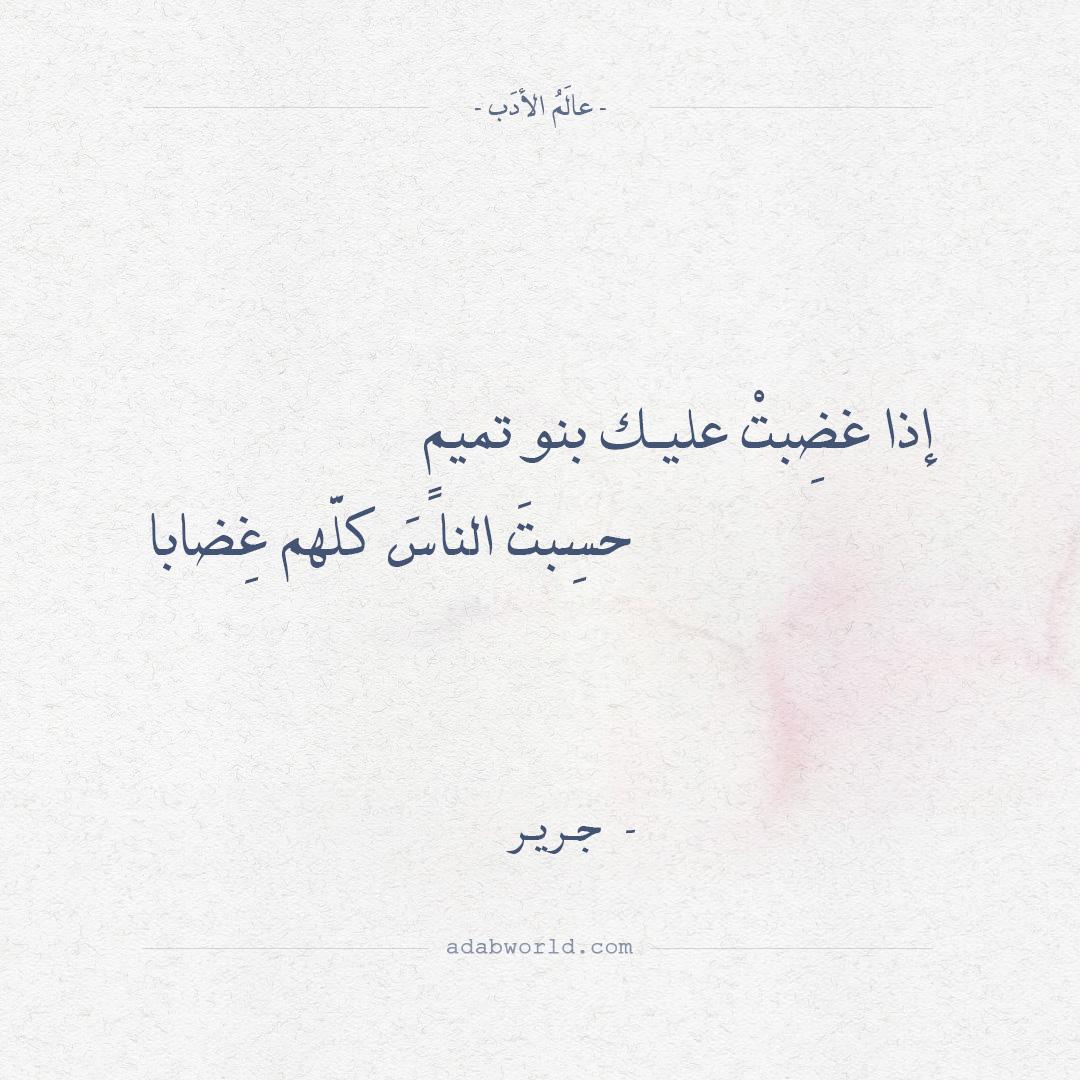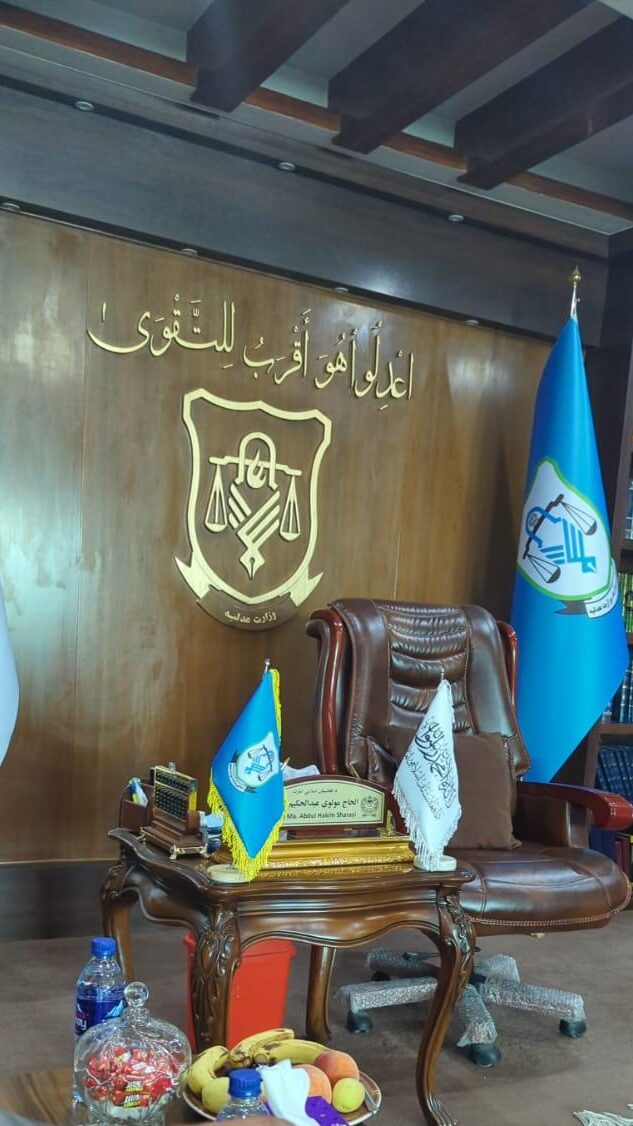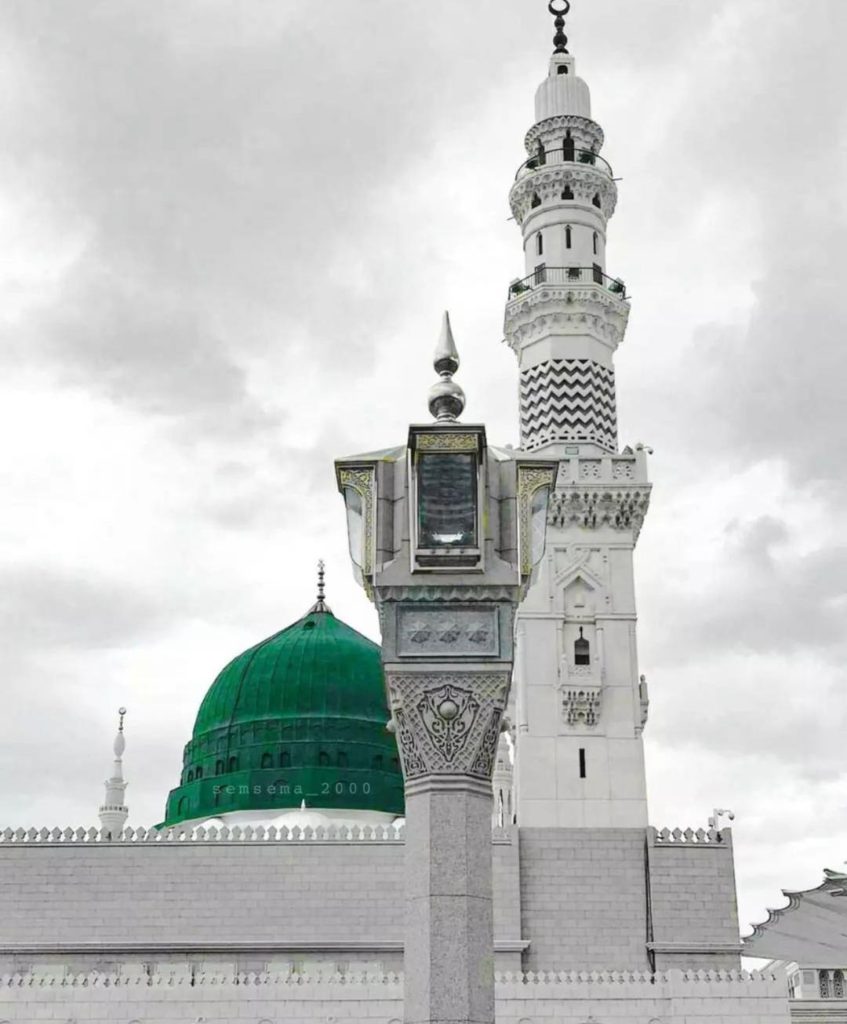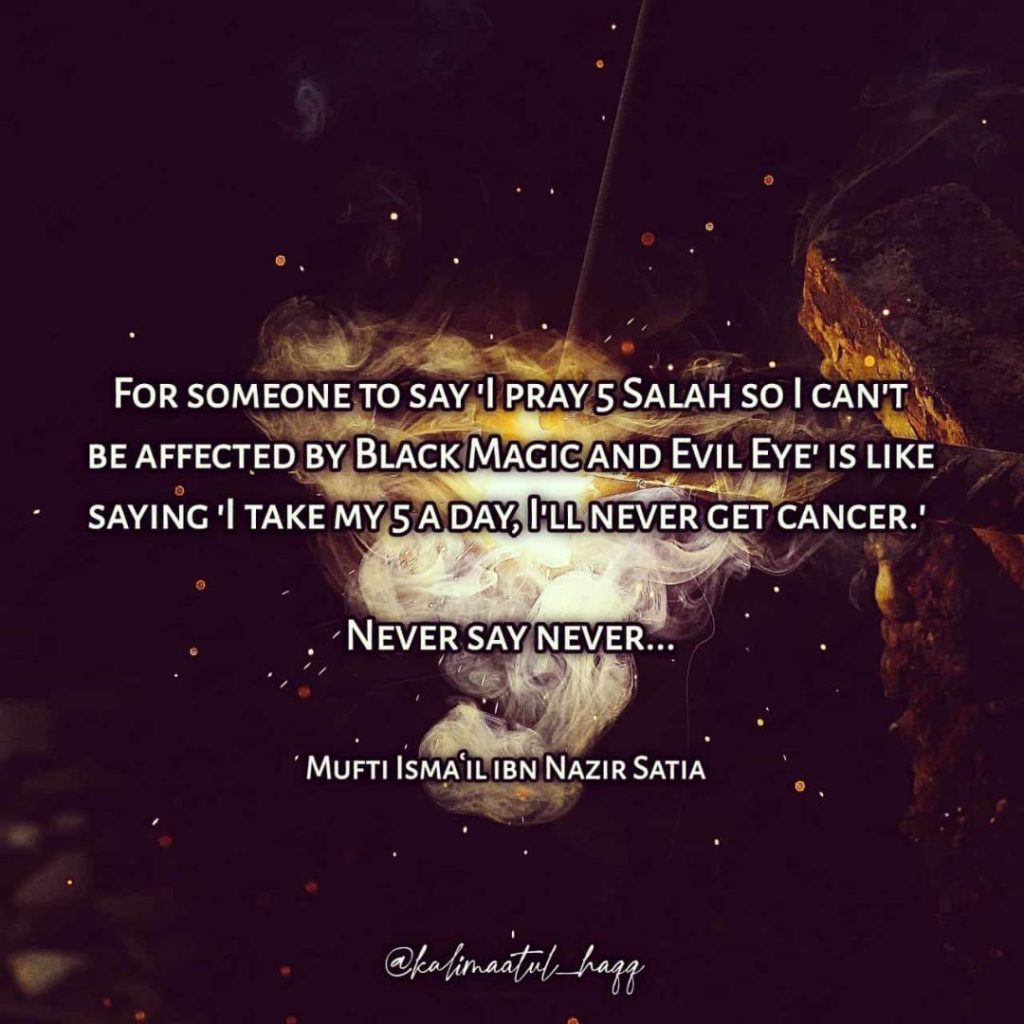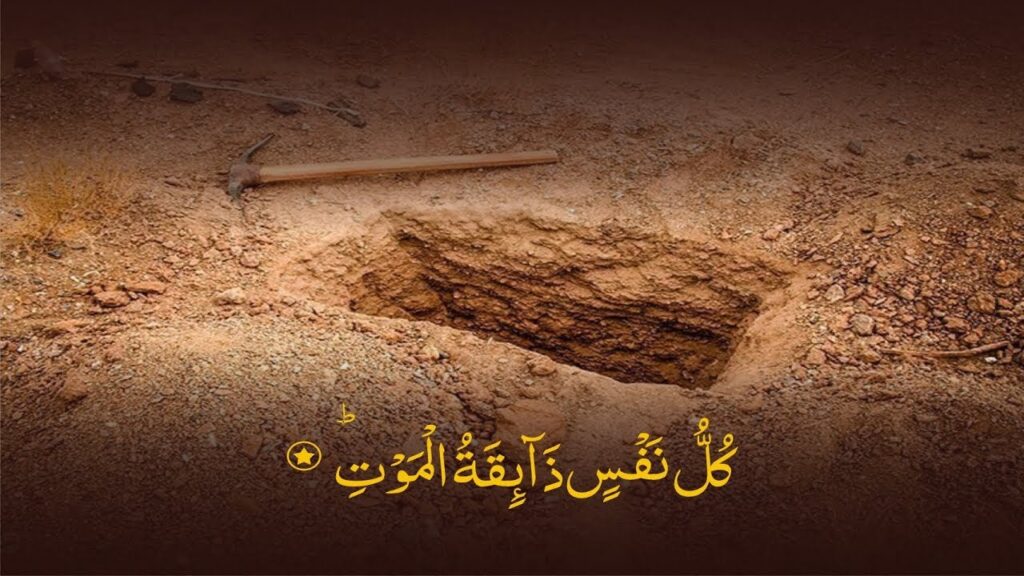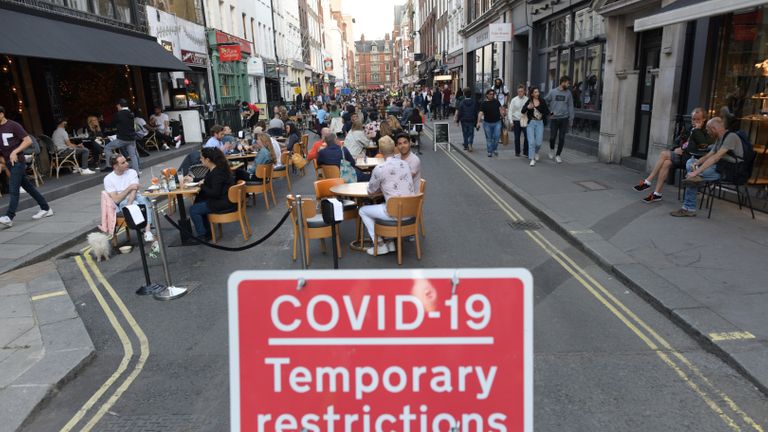“We can only live in peace and harmony by talking to each other and learning about each other.”
The phenomenon of ‘Interfaith Dialogue’ has gained importance in the world for decades due to many reasons; therefore it is an urgent need of the time to scrutinise it under the lens of Islamic Shariah.
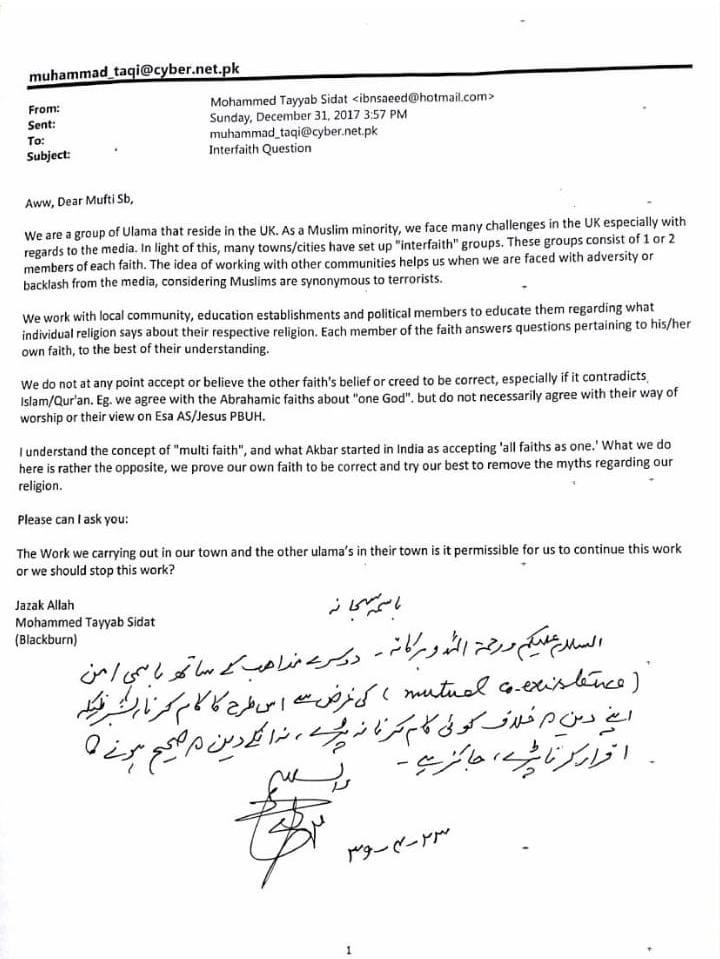
An essential principle that must be understood before understanding the reasoning here is that the concern of scholars when giving a verdict on something is the reality of the nature of that problem at hand; not what it is called. An example is Ginger Beer. It does not matter that it has the word ‘beer’ in its name. If it does not fulfill the conditions of a prohibited drink, then it is permissible. It would be a clear error if someone were to conclude that this drink is prohibited because its name resembles that of a prohibited drink. Similarly, an Islamic bank may call something ‘interest-free’. If the conditions of interest in Islām are fulfilled, then that transaction is prohibited, even if the company has used the term ‘interest-free’. So names and titles should not deceive us into rushing into decisions. This is a well-known fiqh principle agreed upon by the scholars. Similarly, is the word interfaith, before venturing into the topic, it would be better to first see how the concept of ‘Interfaith Dialogue’ is defined by scholars.
http://www.deoband.net/blogs/the-phenomenon-interfaith-dialogue-islamic-shariah
The term interfaith dialogue refers to cooperative, constructive and positive interaction between people of different faiths at both the individual and institutional levels.[1] It refers to a meeting of qualified members of different faiths in a formal setting to discuss religious opinions and practices they have in common, usually with the intention of expanding their common ground.[2]
Similarly, there is another term ‘Interreligious dialogue’ which is seen as a challenging process by which adherents of differing religious traditions encounter each other in order to break down the walls of division between themselves.[3]
In this way ‘interfaith dialogue’ is distinct from syncretism or alternative religion. But, this term is actually used by different people in different contexts as per their motives and vested interests. This is the reason that ‘Interfaith dialogue’ is criticised by some religious leaders as a conspiracy designed to merge all religions into one. Certain individuals and communities fear the loss or weakening of their religious identities as a result of engaging in dialogue and interacting with followers of other faiths.[4]
Background of Interfaith Dialogue
Understanding the people of other faiths around you has been a natural process of human life as no human society can live in peace until it behaves tolerantly with his neighbours. However, at some juncture of history, there have been organized efforts to bring different religions closer to each other or even to intermix them. The Emperor Akbar (1542-1605), for example, established Deen-e-Ilahi in Mughal India, a diverse nation with people of various faith backgrounds, including Islam, Hinduism, Sikhism, and Christianity.[5]
Muslims, throughout their history, have been living with peace, tolerance, and coexistence along with people of other faiths. The Muslim societies have always observed religious pluralism and the people of other faiths have always lived under their rule very peacefully and amicably. Right from the era of the Prophet (sallallahu alaihi wa sallam) up to the Ottoman Caliphate and Mughal Empire in India Muslims provide historical examples of generally peaceful coexistence with peoples of different faiths. The Jews, Christians, and other non-Muslim communities enjoyed full rights and lived shoulder-to-shoulder with Muslims.[6]
The wave of religious hatred and intolerance erupted after the Western powers started occupying and colonising the Muslim lands. In order to establish their sovereignty they sowed the seeds of differences among the communities of different faiths and beliefs.[7]
It was the time when the need for interfaith dialogue was felt as the world was made so chaotic by the struggle for powers, domination of materialism, and lack of spirituality. Later after the colonial powers shrank to their holes and much later when the Cold War between the US and the USSR calmed down, Islam again emerged as the first enemy of the West. The situation reached its height on 9/11 when the US was attacked by so-called Muslim terrorists. This state of affairs led many to think that Muslim and Western civilizations were going to clash.
At this juncture in time, the need for interfaith dialogue resurfaced with even greater gravity as this was the only way to avoid civilization clashes and prevent the world from destruction.
Concerns about the Motive of Interfaith Dialogue
Dialogue between individuals and communities of different faiths is a natural phenomenon that takes place at stages of multi-faith communities. The process of dialogue forces people to examine and reconfirm their own religious identity and strengthen their own beliefs while respecting those of others with patience and dignity.
Globalisation and the invention of modern communication facilities have reduced the world to a village and the fastest transportation means provided an opportunity for people to interact with each other as never before. In this scenario, interfaith dialogue can provide a platform to understand and cooperate with each other and move forward peacefully.
The prevalent idea of interfaith dialogue is based upon the following principles: followers of all religions are free to lead lives in accordance with their own beliefs; and the moral values inherent in all religions — especially patience, tolerance, and coexistence – are respected.
And in order to cooperate with the idea, in July 2008, a historic interfaith dialogue conference was inaugurated by King Abdullah of Saudi Arabia in Madrid, the capital of Spain, with the objective of solving world problems through concord instead of conflict. The conference was attended by religious leaders of different faiths such as Christianity, Judaism, Buddhism, Hinduism and Taoism.[8]
However, there are serious concerns about the motives and hidden agenda under the banner of ‘interfaith dialogue’. According to some, this might be a conspiracy of the enemies of Islam to weaken the attachment of Muslims to their religion as they see it as the biggest hurdle in the way of their imperialism expansions. Usually, such dialogues are arranged with so-called Muslim intellectuals who are not firm in their religious knowledge and belief and thus fall prey to the hidden agenda.[9]
These concerns are intensified by the dual policies of the Western powers and the contradictions between their words and deeds. On one side they supervise interfaith dialogue and on the other hand, they attack Islam and Muslims. The Prophet Muhammad and the Quran are blasphemed in their lands and they are not ready to punish the culprits. This has created doubts in Muslim minds that these ‘staged’ interfaith dialogues are not political strategies to serve their own ends.
Islam and Interfaith Dialogue
Nevertheless, the phenomenon of interfaith dialogue, whatever the motive behind may be, cannot be ignored by Muslims. If such dialogues will not be attended by proficient Muslim scholars it might be hijacked by incompetent persons who will consequently cause harm to Islam and Muslims. Therefore, it is the need of the hour for competent Ulama to take the lead and represent the true face of Islam. It is not only requirement of the time which cannot be overlooked; rather it poses great challenge that they have to face boldly.
In order to understand the view of Islamic Shariah about ‘interfaith dialogue’, it is imperative to learn the basic principles in this regard:
(1) Islam is the only Religion Acceptable to Allah: Though all religions of the world claim to be true, it is only Islam that stands as the final and perfect religion established on strong evidence and solid foundations. As Muslims, we must have a firm belief that Islam is the only religion acceptable to Allah and it is the only way of life that can guarantee the success of human beings in this world and their salvation in the hereafter. As the Quran says:
{إِنَّ الدِّينَ عِنْدَ اللَّهِ الإِسْلامُ}
“Truly, the (recognised) religion in the sight of Allah is Islam.” [3:19]
{وَمَنْ يَبْتَغِ غَيْرَ الإِسْلامِ دِيناً فَلَنْ يُقْبَلَ مِنْهُ وَهُوَ فِي الْآخِرَةِ مِنَ الْخَاسِرِينَ}
“Whoever seeks a faith other than Islam, it will never be accepted from him, and he, in the Hereafter, will be among the losers.” [3:85]
(2) Syncretism or unification of religions is absolutely unacceptable in Islam: The ridiculous theory of Syncretism or unification of religions is unacceptable in Islam for reasons. The foremost among them is that this is unnatural and at no time in the history of mankind have they been adhering to one set of beliefs. It is so destined by Allah that people will never be converted into a single community, as He says:
{ولو شاء ربك لجعل الناس أمة واحدة ولا يزالون مختلفين}
“Had your Lord willed, He would have made all the people a single community. But, they will continue in their differences.” [11:119]
(3) Coexistence but not Compromise: The interfaith dialogue should be free from any kind of compromise on the part of religious rulings even to minor issues. A tolerance that prevents from speaking the truth or favour un-Islamic thoughts cannot be allowed. The Quran describes that the disbelievers wish Muslims to be flexible, but it is unacceptable:
{ودوا لوتدھن فیدھنون}
“They wish that you become flexible (in your faith) so that they should become flexible.” [68:9]
{ولا تركنوا إلى الذين ظلموا فتمسكم النار}
“And do not incline towards the wrongdoers, lest the Fire should catch you.” [11:113]
The chapter al-Kafiroon (109) from the Quran was revealed in response to the proposal of the disbelievers to strike a compromise deal seeking Muslims to worship their Gods and binding them to worship Allah in return, but the Quran very emphatically rejected it and said:
“Say, O disbelievers, I do not worship that which you worship, nor do you worship the One whom I worship. And neither I am going to worship that which you have worshipped, nor will you worship the One whom I worship. For you is your faith, and for me, my faith.” [109:2-6][10]
Common Grounds for Interfaith Dialogue
Dialogue, or peaceful negotiation, is the path prescribed by Islam. The Holy Quran and the Prophet Muhammad (sallallahu alaihi wa sallam) set standards for dialogue with people of other faith. The Quran encouraged Muslims to talk to the Jews and Christian on matters which are common:
{قُلْ يَا أَهْلَ الْكِتَابِ تَعَالَوْا إِلَى كَلِمَةٍ سَوَاءٍ بَيْنَنَا وَبَيْنَكُمْ أَلاَّ نَعْبُدَ إِلاَّ اللَّهَ وَلا نُشْرِكَ بِهِ شيئاً وَلا يَتَّخِذَ بَعْضُنَا بَعْضاً أَرْبَاباً مِنْ دُونِ اللَّهِ فَإِنْ تَوَلَّوْا فَقُولُوا اشْهَدُوا بِأَنَّا مُسْلِمُونَ} [آل عمران: 64]
“Say, O people of the Book, come to a word common between us and between you, that we worship none but Allah, that we associate nothing with Him and that some of us do not take others as Lords instead of Allah. Then, should they turn back, say, .Bear witness that we are Muslims.” [3:65]
The Prophet Muhammad SAW advocated reconciliation with other religions. In Makkah in 615 CE, he sent Muslims fleeing persecution from the Meccans to find refuge with the Christian king of Abyssinia, current-day Ethiopia, as a signal of mutual trust with Christianity. Later when he migrated to Madinah, he signed a peace treaty with the Jewish tribes and later with the tribes of Makkah in 6th year of Hijra. He also had religious discussions with the Christians of Najran in his holy mosque. He also wrote letters to the rulers in and around Arabia in order to convey the message of Islam.
So, following the footsteps shown by the Quran and Hadith, Muslims can engage themselves in dialogue with the people of other faiths on the issues that form a common ground for them and which may help in promoting peace and enable Muslims to represent Islam to others.
(a) There is no Compulsion in Religion
First of all, Islam rejected forced conversion and gave people the full right to freely choose what they adhere to. Islam regarded freedom of expression as a birthright of human beings and termed force and oppression as unfair and forbidden. The Quran very clearly declares:
“There is no compulsion in Faith. The correct way has become distinct from the erroneous. Now, whoever rejects the Taghut (the Rebel, the Satan) and believes in Allah has a firm grasp on the strongest ring that never breaks. Allah is All-Hearing, All-Knowing.” [2:257]
(b) Tolerance Towards other Religions
People have differences in belief, religion, culture etc, but while following their religion, they have to have mutual respect for others and discover a common bond between them, which shows them all to be human beings. Islam did not create any ill will and hatred in its followers about other religions and their leaders; rather it pushed forth their love and strengthened their relationship with other religions by various means. Sometimes, it admitted the greatness of the leaders and prophets of other communities saying:
“We did raise a messenger among every people, with the message.” [16:36]
It also forbade Muslims to blaspheme the sacred personalities of other religions saying: “Do not revile those whom they invoke other than Allah, lest they should revile Allah in transgression in ignorance.” [6:109]
The Quran presented a model of high-grade tolerance that it regarded all the prophets and messengers of the Jews and the Christians as true prophets sent down by Allah. The Quran says:
“Surely, We have revealed to you as We have revealed to Noah and to the prophets after him.” [4:163]
And, it regarded the original books believed by the Jews and the Christians as divine revelation from Allah:
“Surely we have sent down the Torah, in which there was guidance and light.” (5:44) “We gave him the Injil (Gospel) having guidance and light therein, and confirming the Torah that was (revealed) before it; guidance and a lesson for the God-fearing.” (5:46)
Thus it extended the hand of friendship towards Judaism and Christianity which were the well-known and prominent religions of the age. As far as other religions and nations are concerned, it declared that there were prophets from Allah to other nations and communities:
“And there was no community without a Warner having passed among them.” (35:24)
Concisely, it secured the honour of the sacred figures of other religions in the eyes of Muslims forever and stopped Muslims absolutely from abusing any religious leader. Thus, it established the foundation of universal brotherhood, sympathy, and tolerance which was extinct before the advent of Islam.
(c) Moral and Ethical Values
The moral and ethical values like justice and fairness, tolerance and patience, and good conduct have been much emphasized by Islam. These values can form a common ground for interfaith dialogue.
Here are some references from the Quran:
Justice and transparency: “But if you judge, judge between them with justice. Surely, Allah loves those who do justice.” (5:42) At another place it says: “Allah does not forbid you as regards those who did not fight you on account of faith, and did not expel you from your homes, that you do good to them, and deal justly with them. Surely Allah loves those who maintain justice.” (60:8)
Fulfilling Promises: “And fulfil the covenant, surely the covenants shall be asked about (on the Day of Reckoning).” (17:34) It asserted: “So, fulfil the treaty with them up to their term, surely Allah loves the God-Fearing.” (9:4)
Good conduct: “Good and evil are not equal. Repel (evil) with what is best, and you will see that the one you had mutual enmity with him will turn as if he were a close friend.” (41:34)
“Allah does not forbid you as regards those who did not fight you on account of faith, and did not expel you from your homes, that you do good to them, and deal justly with them. Surely Allah loves those who maintain justice.” (60:8)
“The recompense of evil is evil like it. Then the one who forgives and opts for compromise has his reward undertaken by Allah. Surely, He does not like the unjust.” (42:40)
(d) Dialogue as a means of Dawah
Dialogue can be utilized as one of the best means to convey the message of Islam to people of other faiths. Nowadays, non-Muslims have many misconceptions about Islam and Muslims which are caused by their insufficient knowledge of Islam. So this opportunity can be utilized to remove the misconceptions and to transmit the true spirit of Islam to the world. Islam is based on the principle of dawah which is another name for peaceful negotiation. The Quran itself describes how to make this dialogue fruitful:
“Invite (people) to the way of your Lord with wisdom and good counsel, and argue with them in the best of manners. Surely, your Lord knows best the one who deviates from His way, and He knows best the ones who are on the right path.” [16:125]
Islam asserts that our conversation with others should be carried out wisely and in the most gracious way. Listening to their objections, the point should be made in such a way that appeals to their minds.
Conclusion & Summary
To sum up, these are the main points which should be kept in mind in order to understand the concept of Islam about interfaith dialogue:
· Islam favours divine revolution by striving for a society in which spiritual, ethical, and human values are cherished. Islam advocates an atmosphere where peace, tolerance, and respect prevail. It wishes to create an atmosphere where disputes are resolved without the use of violence. This is the desired world of Islam and such a world can be established only through peaceful dialogue.
· The phenomenon of interfaith dialogue cannot be ignored and left for incompetent individuals and institutions to misrepresent Islam and Muslims; rather it should be headed by proficient Muslim scholars.
· Interfaith dialogue should be fitted in the framework of Islamic Shariah and no compromise should be made on the part of religious fundamentals and its teachings.
· Through interfaith dialogue, the common grounds of ethical and social values can be explored which help in promoting peace, harmony, and tolerance.
· Interfaith dialogue forums should be used by competent Muslim scholars to represent the true face of Islam and to remove the misconceptions spread against Islam.
[1] http://en.wikipedia.org/wiki/Interfaith_dialog
[2] What is Interfaith Dialogue? http://uk.answers.yahoo.com/question/index?qid=20110315104231AAnMRJV
[3] Sandi Fults, What is Interreligious Dialogue? http://globalfaithinaction.org/what-is-interreligious-dialogue
[4] Qazi Abdul Qadeer Khamosh, Conspiracy or cure? An Islamic perspective on interfaith dialogue, 27 April 2010 http://www.commongroundnews.org/article.php?id=27696
[5] Shaikh Muhammad Ikram, Rood-e-Kausar, p 85-131, New Delhi 2003
[6] For details see Civilization of the Arabs by Gustav Le Bon
[7] Maulana Hussain Ahamd Madani, Naqsh-e-Hayat, Deoband
[8] Saudi Gazette, 17 July 2008, http://www.saudigazette.com.sa/index.cfm?method=home.regcon&contentID=2008071712004
[9] Mufti Rasheed Ahmad Balakoti, Monthly Bayyinat, Sep 2008, Jamia Banuria Karachi
[10] Muhammad bin Jareer Tabri, Jami’ al-Bayan fi Tafsir al-Quran, 22/662
Presented in a seminar on “Shariah Methods of Interfaith Dialogue” dated April 22-24, 2013 at Seminar Hall, Dept of Arabic, University of Delhi, Delhi. The Seminar was Organized by:
ISESCO, Rabat, Morocco
In Collaboration & Coordination of:
Islamic Fiqh Academy (INDIA), New Delhi
Dept of Arabic, University of Delhi, Delhi
Fatwa: https://islamqa.org/hanafi/daruliftaa-birmingham/245313/engaging-in-interfaith-meetings-to-stop-the-violence-in-south-africa/
